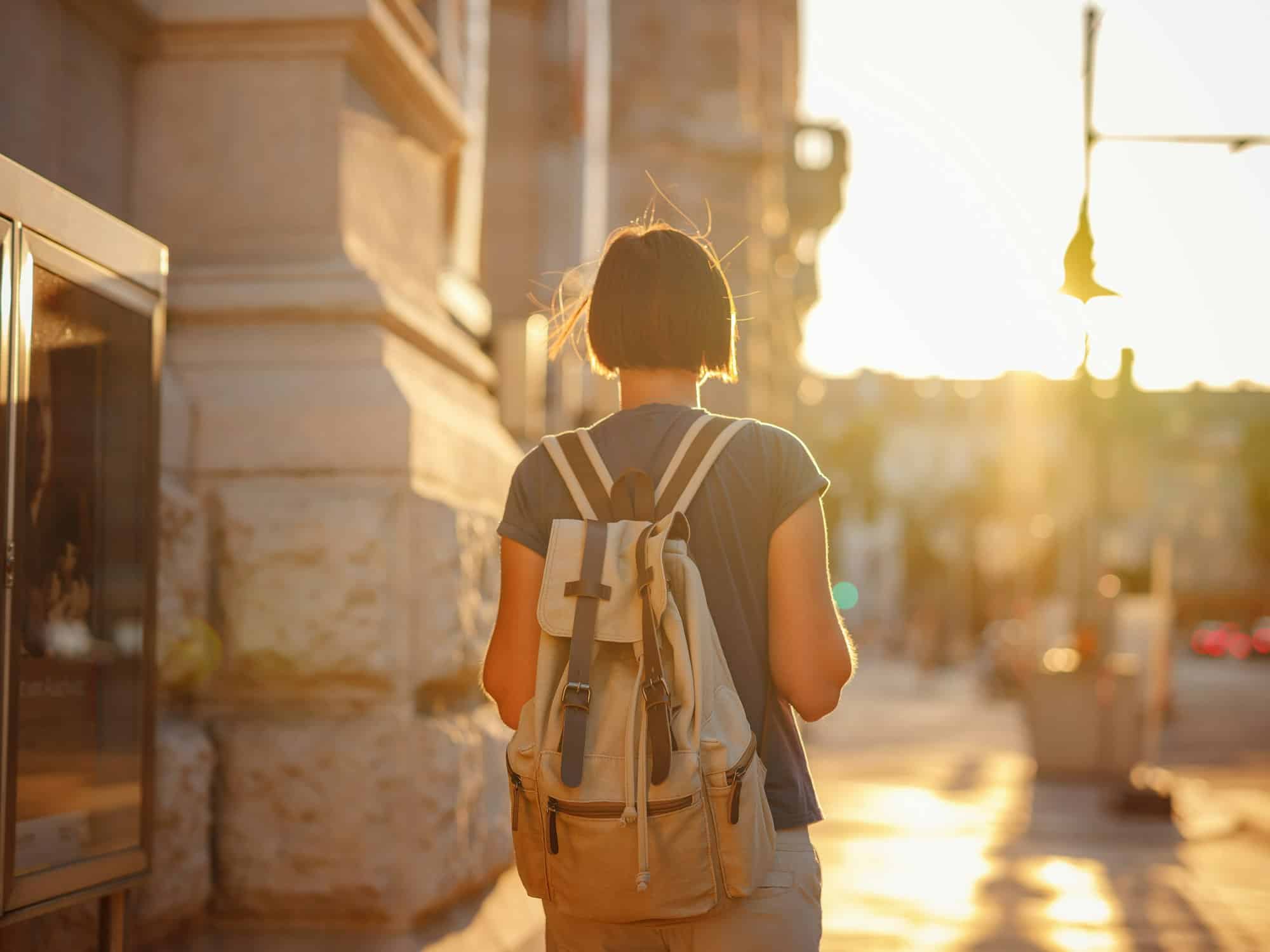What Are the Psychological Effects of Solo Travel on Personal Growth?

Traveling solo is not merely a journey from one location to another, but it is a voyage of self-discovery, personal growth, and psychological transformation. In this article, you will explore the profound psychological impacts of solo travel, and how it contributes to a person’s personal development.
Through the lens of psychology, we will delve into various studies, personal experiences of travelers, and the benefits that traveling alone can bring to your life. We will shed light on how solo travel can foster a deep sense of self, enhance social skills, promote personal growth, and shape your values.
A découvrir également : How Can Music Therapy Aid in the Developmental Progress of Premature Infants?
Solo Travel and Personal Growth
Embarking on a solo travel journey serves as a catalyst for personal growth. Navigating through unfamiliar terrains and adapting to new cultures not only builds resilience but also enhances your ability to face challenges head-on.
A study conducted by the Journal of Personality and Social Psychology found that people who traveled alone reported higher levels of self-esteem and self-efficacy. This growth, which is a testament to the psychological benefits of solo travel, manifests in the ability to tackle obstacles, make decisions, and be independently productive.
A lire également : Can Creative Writing Workshops Reduce Symptoms of Depression in College Students?
Solo travel also fosters psychological growth by cultivating self-reliance and promoting mindfulness. Being solely responsible for every decision on your journey makes you more self-reliant. Moreover, the quieter moments of solo travel provide an opportunity to practice mindfulness, which has been linked to improved mental health.
The Social Benefits of Solo Travel
Traveling alone does not equate to loneliness. In fact, it opens up avenues for meeting new people, making friends from different cultures and backgrounds, and experiencing new social dynamics. These social experiences significantly contribute to your psychological growth and development.
A study published in Social Psychological and Personality Science journal indicates that solo travelers tend to be more open to social interactions and have more meaningful conversations with locals and other travelers. This social aspect of solo traveling helps in improving your social skills and widening your perspective, thereby fostering a sense of empathy and understanding towards others.
Moreover, solo travel gives you the time and space to reflect upon your relationships and social interactions back home. It provides a fresh perspective on your social life, enabling you to reevaluate and improve upon it.
The Psychological Values of Solo Travel
Traveling alone can significantly shape your values, attitudes, and beliefs. The experiences you gather on your solo journey, the people you meet, and the cultures you immerse in, all have a profound impact on your personal psychology.
A study published in the Journal of Travel Research found that travelers who had embarked on solo journeys reported a shift in their values and attitudes. They became more appreciative of different cultures and lifestyles, and developed a broader world view.
The unfamiliarity and novelty of the travel experience often challenges your existing belief systems. Encountering different perspectives and lifestyles can potentially alter your values, leading to a more open-minded and tolerant attitude.
Solo Travel as A Form of Therapy
Solo travel can serve as a therapeutic practice, aiding in stress reduction, increasing happiness, and improving overall mental health. The therapeutic benefits also extend to addressing anxiety and depression, as reported by a study in the Journal of Travel Medicine.
Traveling alone allows you to disconnect from your regular life, providing a much-needed break from your daily stressors. It provides an opportunity to reflect, relax, and rejuvenate, thereby promoting mental well-being.
Moreover, solo travel offers a sense of freedom and independence that can boost happiness and satisfaction. It empowers you to design your own journey, make your own choices, and experience life on your own terms, thereby fostering a sense of self-empowerment.
How Solo Travel Shapes Your Future
Traveling solo can significantly influence your future, shaping your career, relationships, and overall life trajectory. The personal growth and psychological transformation experienced during solo travel often have lasting impacts.
The skills and values acquired during your solo journey, such as adaptability, resilience, empathy, and open-mindedness, are highly transferable and valuable in various life domains. Whether it’s stepping into a new job, moving to a new city, or building new relationships, these qualities can guide and help you navigate various life transitions.
In essence, the journey of solo travel transcends beyond the physical journey; it’s a psychological voyage that profoundly impacts your personal growth and shapes your future. It’s a transformative experience that leaves you enriched and empowered, ready to embrace life with a renewed sense of self and a broadened perspective.
The Impact of Solo Travel on Mental Health
The impact of solo travel on mental health is noteworthy. Diving into the unfamiliar, alone, can initially be anxiety-inducing. However, studies suggest that solo travel can actually bolster mental health in the long run.
Solo travel provides an escape from the pressures of daily life, allowing you to disconnect from your regular environment and stressors. A study in the Journal of Travel Medicine suggests that solo travel could be beneficial for people who experience anxiety or depression, attributing these benefits to the change in environment and the break from routine stressors.
The practice of mindfulness, a state of active, open attention to the present, is commonly associated with solo travel. This heightened awareness of your surroundings and self can lead to better mental health. According to a study in the title psychology journal "Psychological Science," mindfulness can reduce stress, increase focus, and improve emotional well-being.
Moreover, the sense of accomplishment and self-efficacy that comes with successfully navigating a journey alone can significantly boost self-esteem. This, in turn, has positive implications for mental health. The increased confidence and self-reliance can help solo travelers tackle other challenges in life with a renewed sense of capability.
The Influence of Solo Travel on Personal Values and Psychological Growth
The psychological growth experienced through solo travel can lead to a shift in personal values. Immersing oneself in new cultures, experiences, and social interactions can challenge and reshape existing beliefs, attitudes, and values.
A study published in the Journal of Travel Research found that solo travelers often report changes in their personal values. They become more appreciative of diversity, develop a broader worldview, and often adopt a more empathetic and understanding attitude towards other cultures and lifestyles.
Engaging with people from varying backgrounds during solo travel can also enhance social skills and emotional intelligence. This open-mindedness and understanding can transfer over to your regular life, improving social interactions and relationships. Solo travel can also prompt introspection, leading to a deeper understanding of oneself and one’s own values.
In conclusion, the psychological effects of solo travel extend far beyond the duration of the trip itself. The personal growth, enhanced social skills, improved mental health, and reshaped values fostered through solo travel can have a lasting impact on a person’s life. The transformative power of solo travel lies in its ability to stretch the mind, challenge the comfort zone, and broaden the worldview of the traveler. Hence, solo travel serves not just as a journey through different geographies, but as a significant voyage of self-discovery and personal growth.
